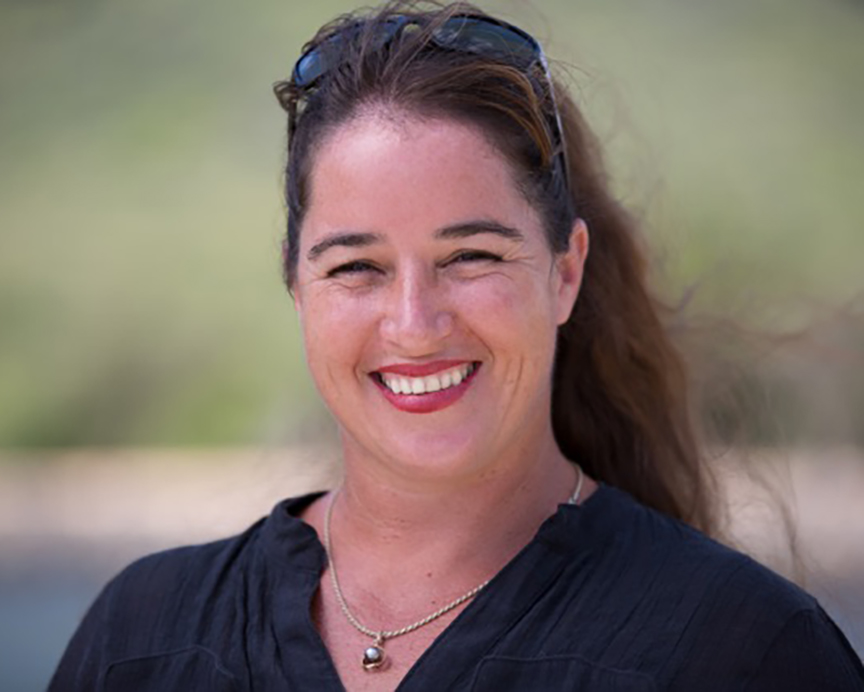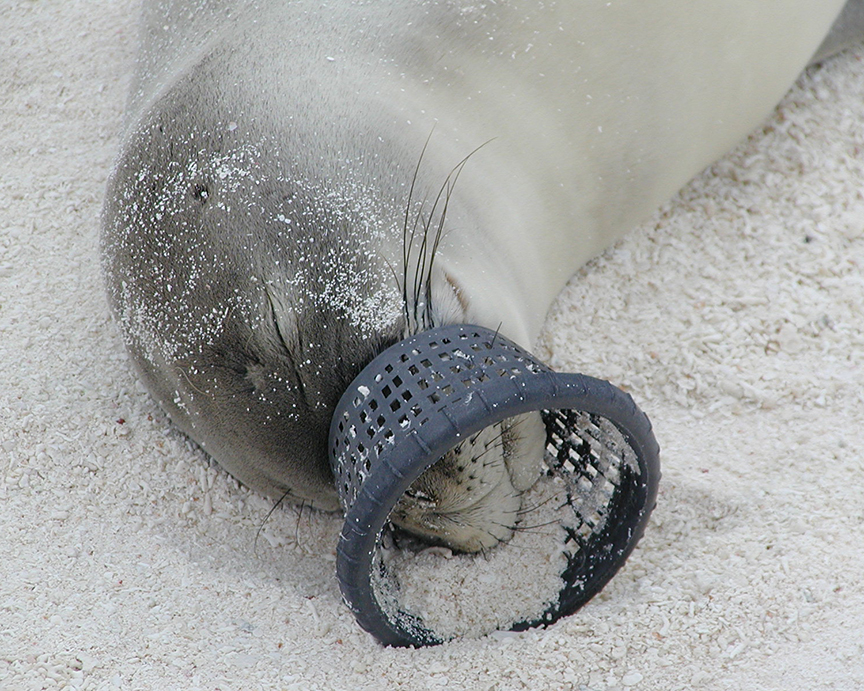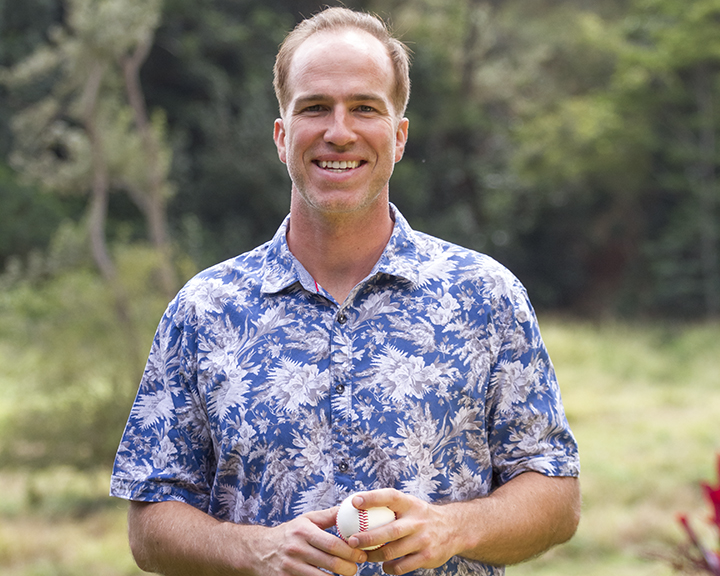By Ruby Pap

A semi-slug on a nickel. Photo courtesy of Marlena Dixon, Epidemiologist
Hawai‘i residents and visitors take heed. Rat Lungworm (Angiostrongyliasis) is a serious illness that requires precaution on how we handle, prepare and grow our food. While we are lucky to have no reported cases on Kaua‘i this year, we are still at risk because the island has all the right conditions for the parasite to exist — i.e. rodents, snails and slugs.
“The department is continuing to monitor this serious illness spread to individuals by infected snails and slugs,” said Hawai‘i Health Director Dr. Virginia Pressler. Many of the cases can be prevented with precautions such as storing food in covered containers and properly inspecting and washing food before eating.
According to the Hawai‘i Department of Health, as of the end of April, there were a total of 11 confirmed cases this year in the state: six on Maui and five on Hawai‘i Island. There were also four additional probable cases from Hawai‘i and Maui. The most recent of the cases involved adults on Hawai‘i island ingesting homemade kava which they had left out in uncovered buckets. A slug was later discovered in the bottom of the kava bowl.
Rat lungworm is a disease that affects the brain and spinal cord. It is caused by a parasitic nematode (worm) called Asgiostrongylus cantonensis, the adult form of which is found in rodents. Infected rodents can pass the larvae of the worm in their feces, and snails, slugs and other animals can become infected by ingesting the larvae. Humans then become infected if they eat a raw or undercooked infected host thereby ingesting the parasite. For example, people can become infected by eating raw produce that contains a small infected snail or slug, or part of one. It is not known for certain whether the slime left by infected snails or slugs is able to cause the infection.

A semi-slug and a Cuban slug. Photo courtesy of Marlena Dixon, Epidemiologist
It is important to note that rat lungworm is not spread person to person.
The most common symptoms include severe headache and neck stiffness, but symptoms may vary widely among cases. Hawai‘i Department of Health advises that you seek medical attention for headache, fever, stiff neck, tingling or painful feelings in the skin or extremities. The most serious cases experience neurological problems, pain and severe disability.
Healthcare providers should monitor and support patient’s symptoms and report any persons they suspect may be infected.
Taking simple precautions to wash your food and control slugs and rats around your garden go a long way in preventing this disease.
According to Kaua‘i District Health Officer, Dr. Janet Berreman, “It is important for everyone to be careful with their fresh fruits and vegetables. It is what your mother and your grandmother told you — to wash your fruits and vegetables before you eat them.”
While I wasn’t always great at listening to my parents, I now appreciate those lessons — every single leaf of my salad will now be inspected and washed religiously!
Berreman also emphasized that for the parasite to complete its life cycle and reproduce, it has to be in rats and mollusks. Therefore it is very important for gardeners to do their best to control rats and slugs around their gardens.
According to a recent press release, the Department of Health’s Food Safety Program continues to inspect and educate food establishments statewide on safe food handling and preparation to prevent contamination and food borne illness. They are reminding food establishments that they must use only approved and licensed sources and carefully inspect and wash all produce during food preparation.
So there you have it — good sanitary practices and education go a long way toward preventing rat lungworm disease. For more information, go to http://health.hawaii.gov/docd/files/2015/07/angio-fact-sheet-20150716.pdf
Also, the Hawai‘i Farm Bureau has some good resources for farmers at http://hfbf.org/hfbf-update-on-rat-lungworm/
- Ruby Pap is a Coastal Land Use Extension Agent at University of Hawai‘i Sea Grant College Program. She can be reached at rpap@hawaii.edu.
Discover more from ForKauaiOnline
Subscribe to get the latest posts sent to your email.





Leave a Reply